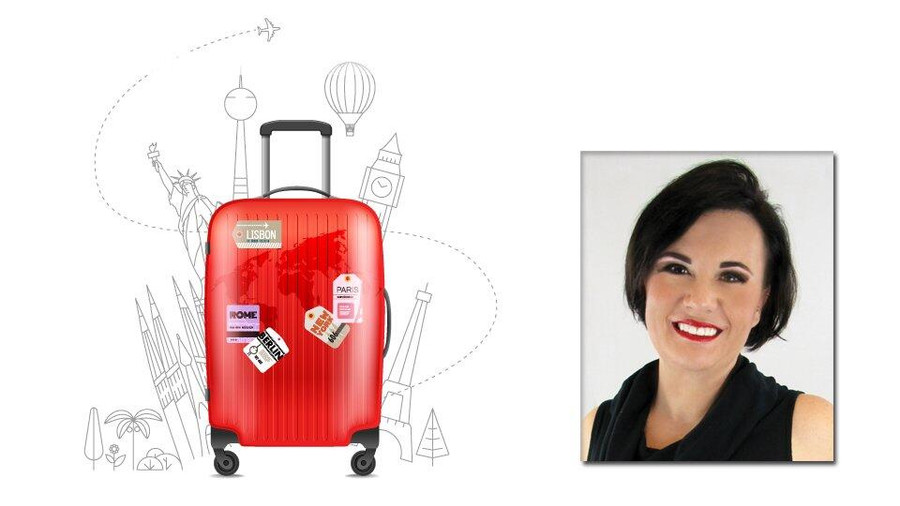When asked, “Do you travel for business or pleasure?” I always say pleasure, and I do some work while I’m there. Recently the topic of travel came up and I was asked what I think the “best toy” for travel is. These types of questions remind us of the impact we can have on someone’s life experience or quality of life — and what better time to elevate both than when we are on the go?
However, answering this question isn't about what I think the best toy for travel is. It's about what someone’s perception of their ideal travel experience is.
When you have a real conversation with the customer and ask the right questions, your impact on someone’s experience is vastly heightened.
Those of us who travel frequently become incredibly efficient in carrying maximum content in minimum space. Does this impact the toys we would personally carry? I would venture to guess most industry reps would agree: small but powerful toys are the likely go-to option. We all know someone who knows someone who has hooked us up with the perfect small vibe. As sales reps, it’s our job to translate how these products could fit into a travel-friendly category that could be sold to retailers. Do you have something in your assortment that could present itself as travel-friendly? Or do you have designated products deemed travel-friendly?
At the retail level, this conversation totally changes. When someone asks, “What’s your best toy for travel?” there needs to be a conversation about what travel looks like or means to that person. The right questions can not only deliver on customer needs but can provide the sales associate with an incredible opportunity to build the sale.
Take a minute and pick your three favorite people and think about what going on a trip with them looks like. What are their travel habits and go-to items? My sister travels with the preparedness to hit all four seasons and at least five serious emergency situations over a two-day span. A good friend travels with a backpack and nothing more. They are annoyed at taking anything over the absolute bare minimum of one set of clothes. A colleague packs 17 suitcases no matter where they go or for how long. Anything less than two pieces of luggage for footwear is unacceptable. The point being, travel looks vastly different for everyone. There is no way to truly assist a customer in finding the right toy for their travel without asking the right questions.
It’s not just about what someone is packing for their trip; it’s about the expectation the customer has regarding their product experience. Hotel rooms — and let’s be honest, elevators — seem to allow people the ability to shed the inhibitions they may have otherwise had at home. Travel gives us the opportunity to experience other people and places, but it also gives us freedom and anonymity.
Each customer’s circumstance is going to mold their shopping expectations. Maybe the customer has a home situation making it hard to be private with their partner and they have opted for a weekend getaway. Perhaps two lovers live a thousand miles apart and travel to see each other and connect when they can. Let’s not discount the staycation as being travel. Creating time and space for yourself is possible anywhere. Each of these situations describes not only a realistic travel scenario, but a potential perspective a person might have about what travel means to them.
When you have a real conversation with the customer and ask the right questions, your impact on someone’s experience is vastly heightened.
Open-ended questions will help the customer articulate what they are looking for.
“Where are you traveling to?” If that feels too personal, “What type of climate will you be in?” is also a good option. “Do you have any limits on space or sizing?” “How will you be transporting your goods?” “What special occasions do you have planned?” “Is it a surprise?” “Do you have a lot of experience with adult health and wellness items?”
These aren’t the only questions out there to ask, but they give retail associates a good start to building a successful sale. Why are these simple questions important? Besides establishing rapport, they are giving you clues as to what the customer’s needs versus wants are. You would not make the same recommendations to someone traveling to NYC for a work conference in January as you would to someone honeymooning in Bali.
At the end of the day, it’s important to reach our fiscal goals — but more importantly, we are helping our customers reach their intimate personal goals.
Danielle Seerley is the senior sales executive for Shibari Wands and Voodoo Toys.







